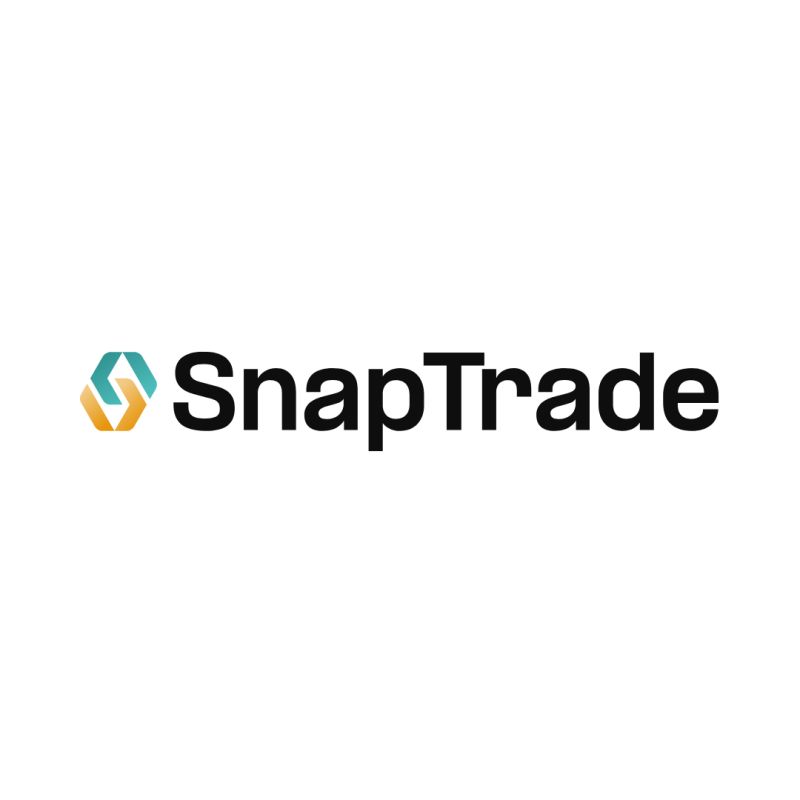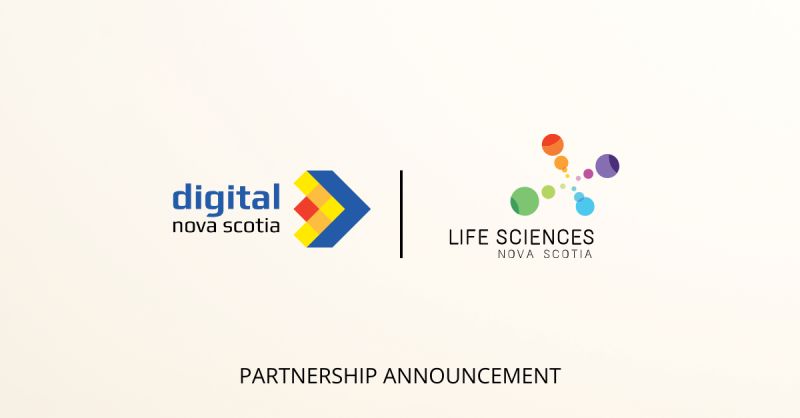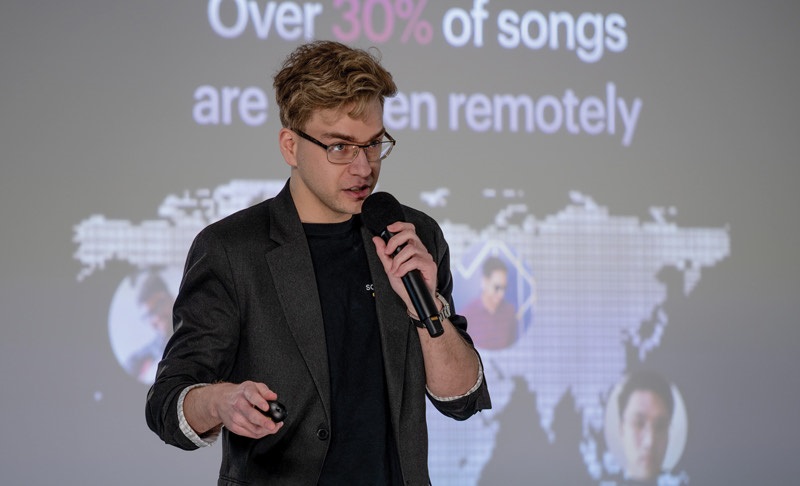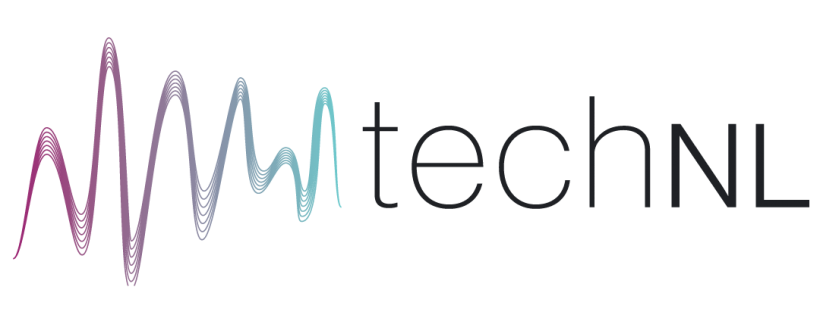Neurodyn, a Charlottetown-based biotech, is working its way through a $1.5 million round of fundraising, with which it hopes to bring its own natural treatment for Parkinson’s Disease to market in just over two years.
The company, which is developing a ginseng extract called ND-602, now has commitments of about $300,000 to $400,000 and is continuing to raise money in Canada and abroad, said Chief Scientific Officer Denis Kay in an interview.
Working with the Shanghai Innovative Research Centre for Traditional Chinese Medicine, Neurodyn has discovered an extract that can arrest or slow the deterioration of animals with Parkinson’s Disease. The company plans to produce an over-the-counter product that Parkinson’s sufferers could take for several years before having to move on to existing treatments, such as dopamine agonists.
Kay said there are about 50,000-60,000 new cases of Parkinson’s Disease diagnosed every year in the U.S alone. That means that in a three-year period, about 150,000 Americans could use the product, which would cost about 30 cents per day. The company thinks there could be more attractive markets in Europe because its population tends to use natural health products.
Neurodyn believes it would cost about $700,000 to take the product to market, which could happen 24-30 months from now. The cost seems low for a health product, but the company has already completed animal testing, and it will be marketed as a health product rather than a drug so it does not need to go through the expensive, three-phase FDA approval.
Kay said the company will however take the time to have the product listed in the Natural Health Products Directorate of Health Canada, which would certify that the product has the advertised effect on Parkinson’s patients.
Neurodyn has already raised about $1 million in seed/early stage funding and received $5.8 million in non-dilutive financing from Acoa’s Atlantic Innovation Fund and various business development programs and competitive awards. It is also working closely with the Michael J. Fox Foundation for Parkinson’s Research.
In the current round, the first $750,000 of investment from individuals will be subject to a 20% rebate from the PEI government and the investing individuals can receive this payment regardless of where they live or pay taxes.
To diversify its income streams, Neurodyn also has a subsidiary called CNS CRO, which devises testing models and tests treatments of ALS, Parkinson's Disease, Alzheimer's Disease, epilepsy, schizophrenia, stroke and cognitive function problems.









